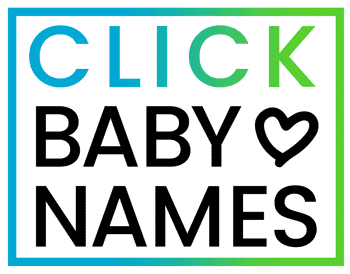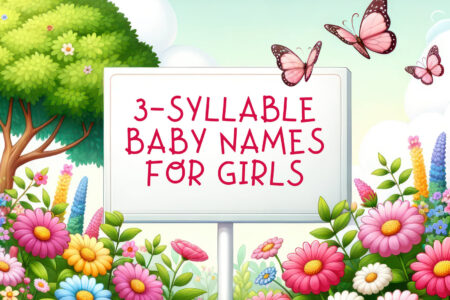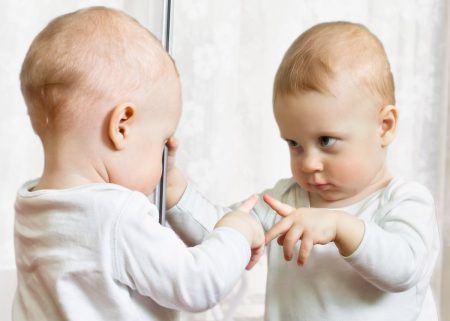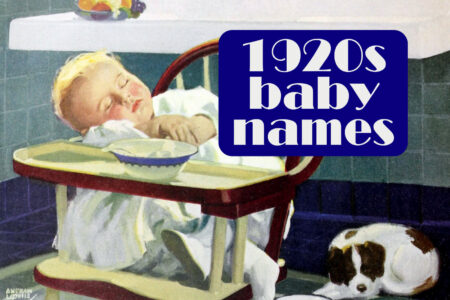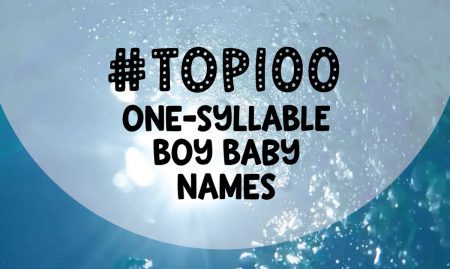Melissa: The sweet journey of a name from ancient lore to your family tree
Melissa is a name steeped in history, translating from Greek to ‘honeybee,’ a symbol of diligence and sweetness. It has a timeless appeal, having been a favorite for decades.
As you read on, you’ll uncover the story of Melissa’s past and present, offering insights to decide if it’s the perfect fit for your little one.
The history and origin of Melissa
The name Melissa has a storied history and a sweetly literal definition. Derived from the Greek word “μέλισσα” (melissa), which means “honeybee,” the name has been associated with attributes such as industriousness, cooperation, and sweetness — all akin to the nature of bees.
In mythology, Melissa was the name of a nymph who cared for the young god Zeus in Greek lore. She is credited with teaching him to eat honey, which ties back to the name’s etymological roots. In this context, Melissa represents a caregiver and an educator, roles that reflect nurturing and knowledge.
How to pronounce Melissa
Pronounce Melissa as meh-LISS-ah, with a stress on the second syllable. The first two syllables rhyme with the word ‘dismiss.’ Common mispronunciations include muh-LEES-uh, but the ‘i’ sound should be crisp and short.
Popularity over the years
The name Melissa has seen an intriguing journey of popularity. Starting in the early 1900s, it was not a common choice, hovering around the mid-500s. In the 1920s and 1930s, its popularity fluctuated considerably, even dropping out of the top 1000 names at times, suggesting it wasn’t widely used during these years.
It wasn’t until the mid-20th century that Melissa began to gain significant traction, with a steep upward trajectory starting in the 1940s. This momentum carried Melissa into the top 100 by the 1960s, reflecting a dramatic shift in favor.
The name reached its pinnacle in the 1980s, where it was among the top 10 names for girls. However, following this high point, Melissa’s popularity began to wane. The late 1990s and early 2000s marked a shift as the name dropped out of the top 50.
In the last two decades, the decline has continued, with Melissa falling into the 300s by the 2020s. This ebb and flow from near obscurity, to prominence, and back to a quieter but steady preference, outlines a name that has been through distinct phases of popularity, with each era leaving its mark on the use of Melissa.
Melissa in entertainment & beyond
- Melissa McCarthy: Acclaimed actress and comedian.
- Melissa Joan Hart: Known for portraying the titular character in ‘Sabrina, the Teenage Witch.’
- Melissa Gilbert: Gained fame as Laura Ingalls on ‘Little House on the Prairie.’
- Melissa Etheridge: American singer-songwriter with a powerful vocal presence.
- Missy Elliott: Iconic rapper and producer who redefined hip-hop
- Missy Higgins: Australian singer known for her heartfelt lyrics and melodies.
- Melissa: An enduring classic song by The Allman Brothers Band.
Nicknames, variations, and adaptions
Missy, Mel, Melly, Liss and Lissa are some of the endearing diminutives that stem from Melissa, each adding a personal touch to this classic name.
It’s less commonly spelled with two Ls — Mellissa. And in the age of unique spellings, Melisa, Melessa, and even Melyssa offer a modern take on this traditional name.
Around the world, Melissa transforms into Mélissa in French-speaking countries, and Melitta in German, exemplifying its global appeal.
While Melissa is primarily a feminine name, its ancient counterpart Melisseus brings a masculine twist, rooted in mythology.
Is Melissa the right baby name for your child?
Melissa is a name with deep historical roots and widespread appeal, with a definition that evokes the enduring qualities of the honeybee. Its versatility and adaptability across cultures and languages have allowed it to maintain a presence worldwide.
